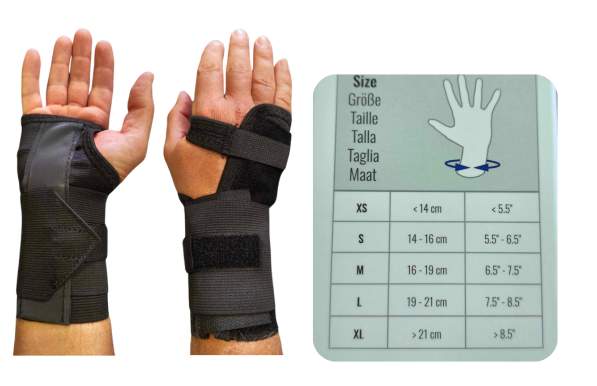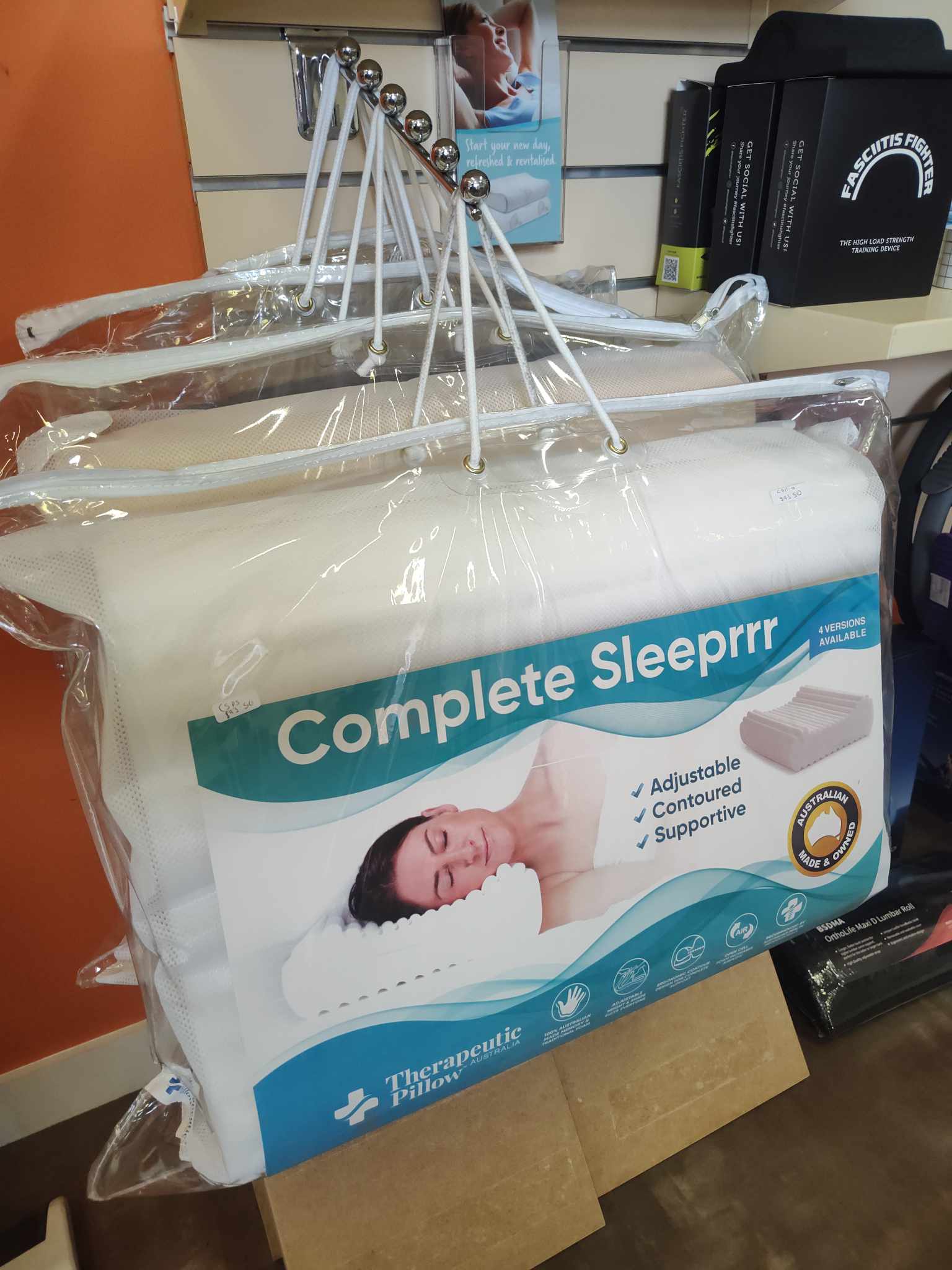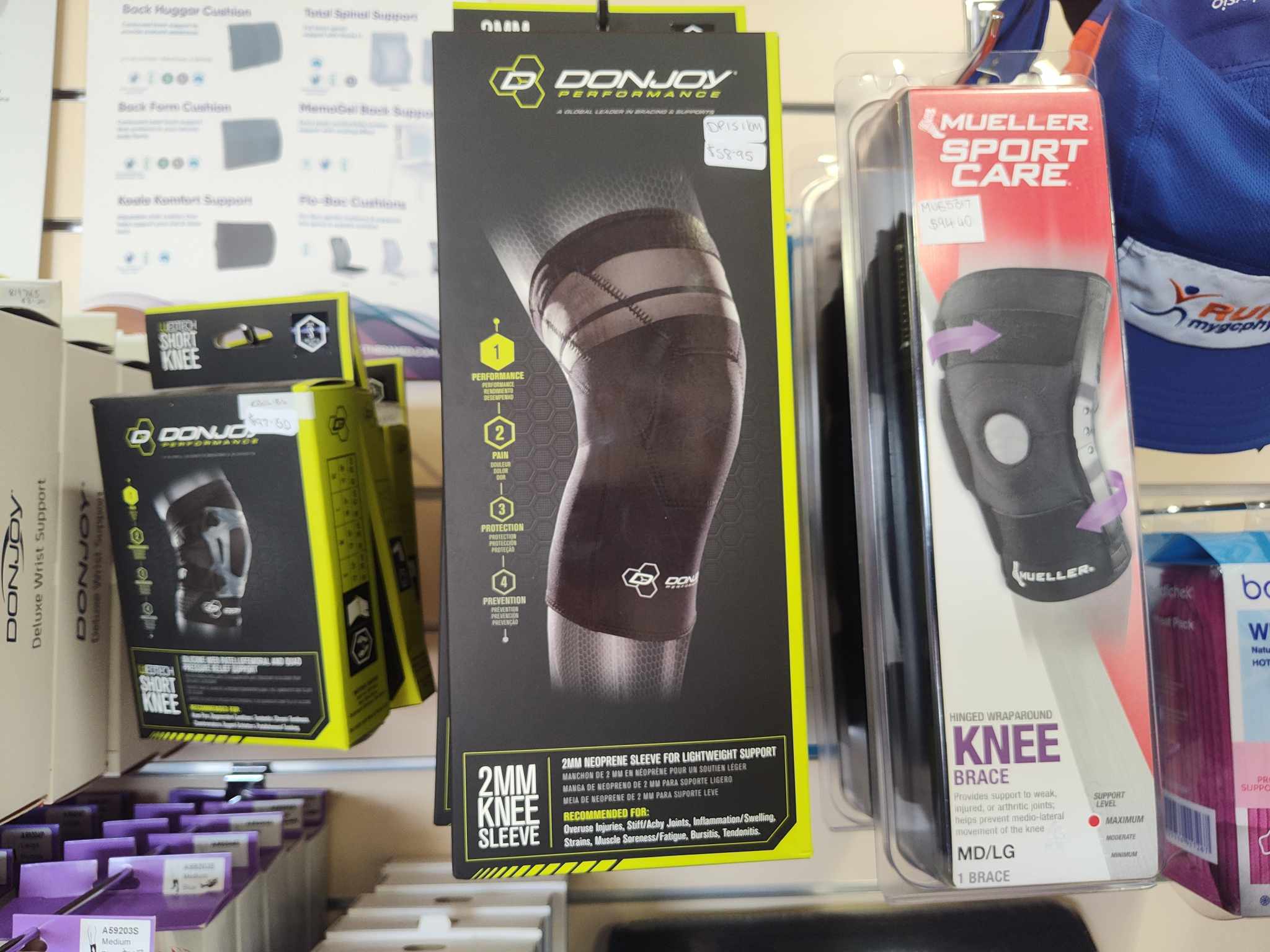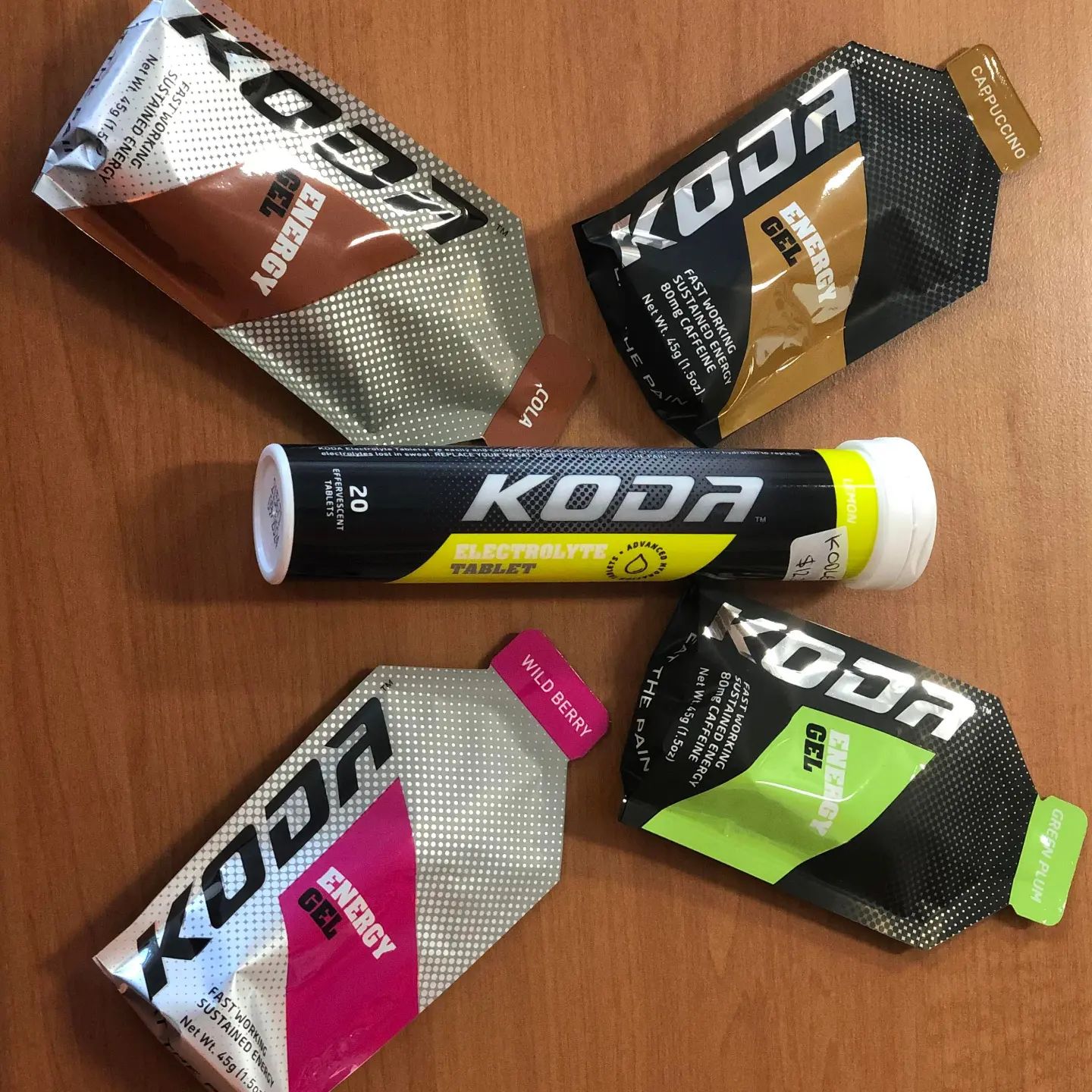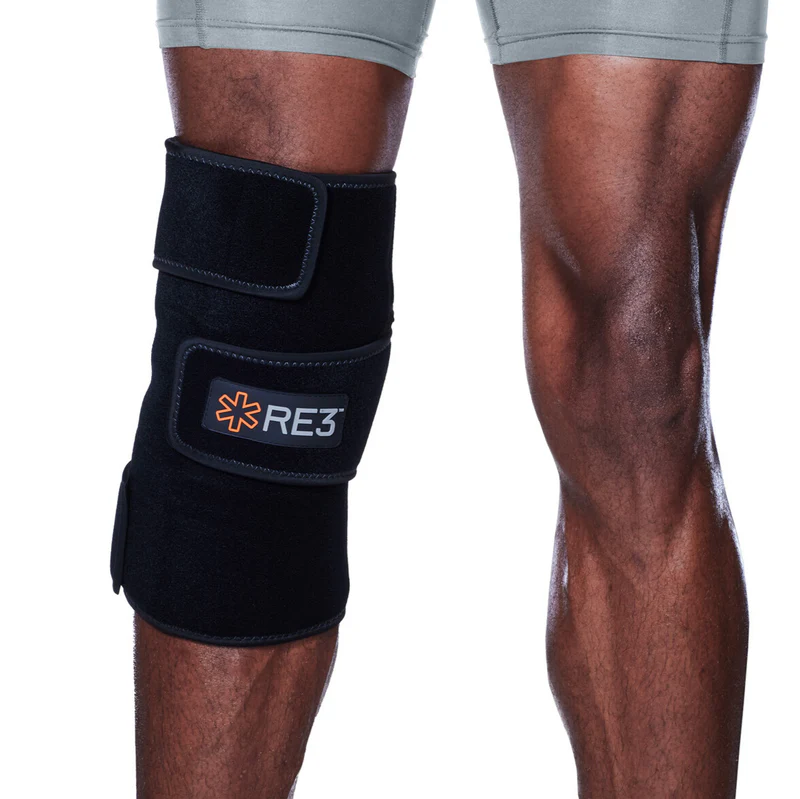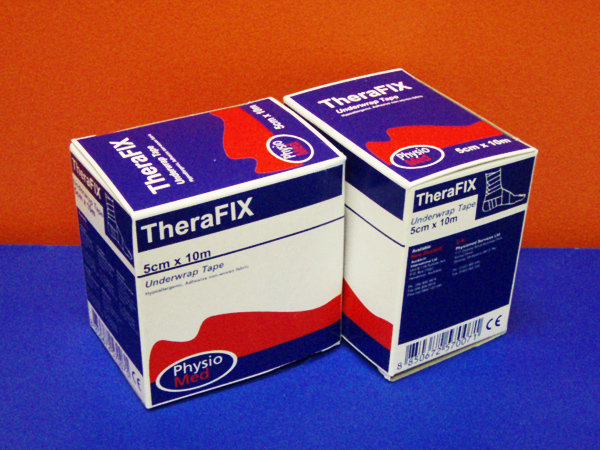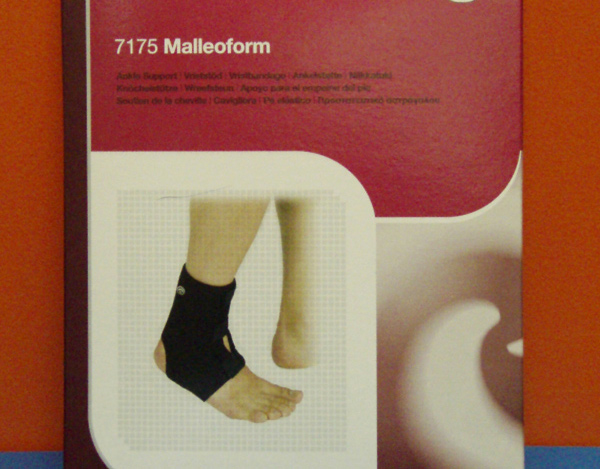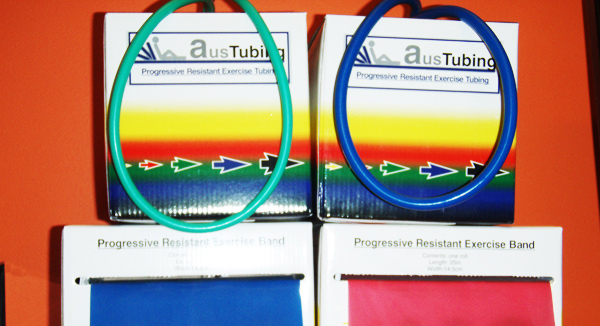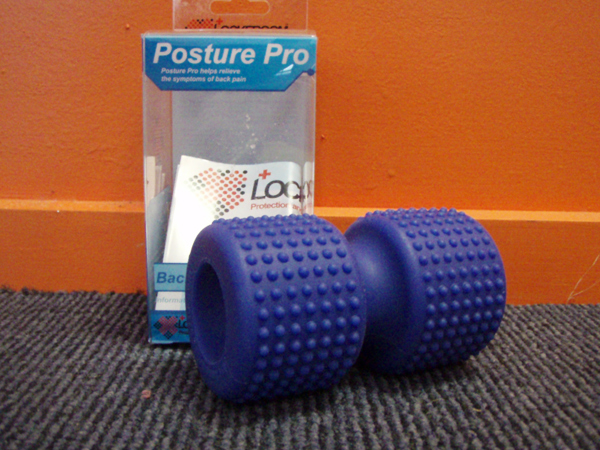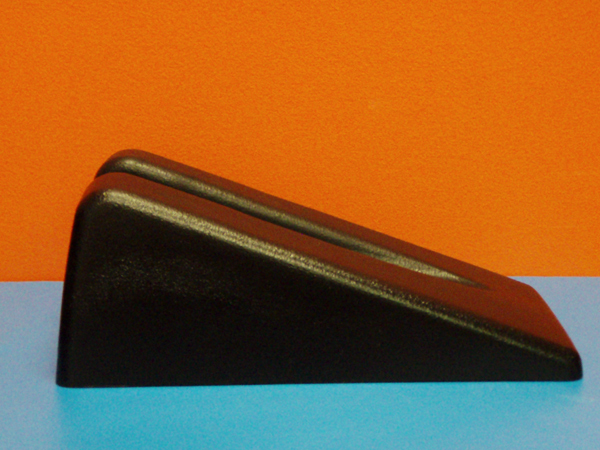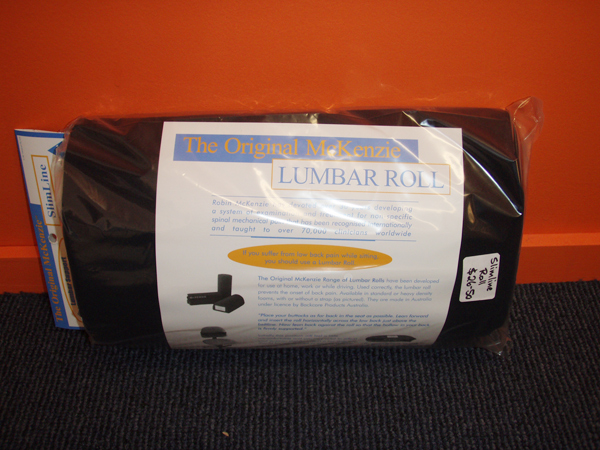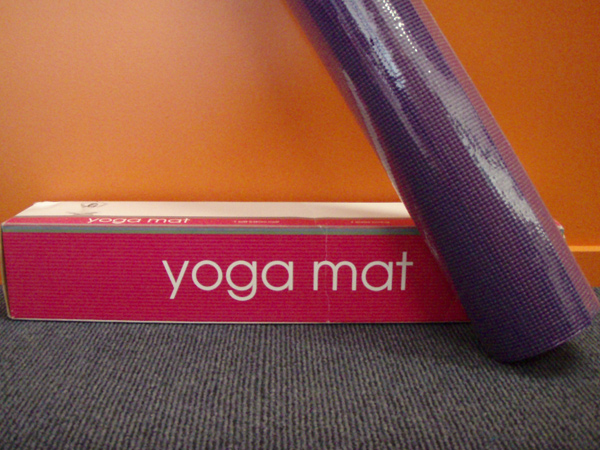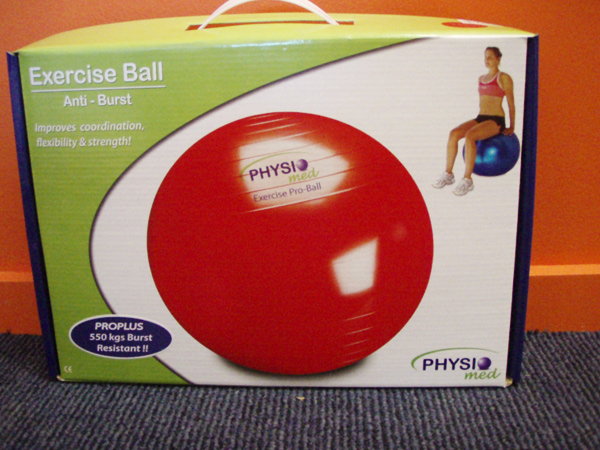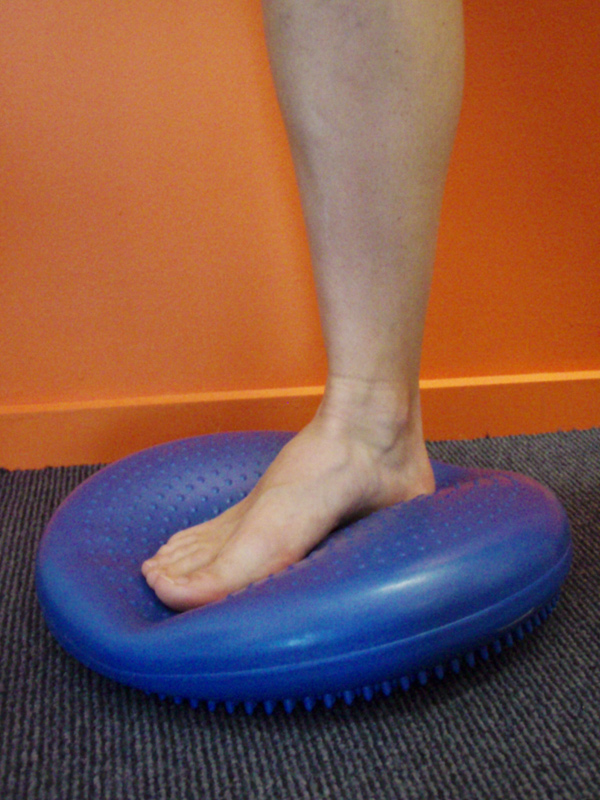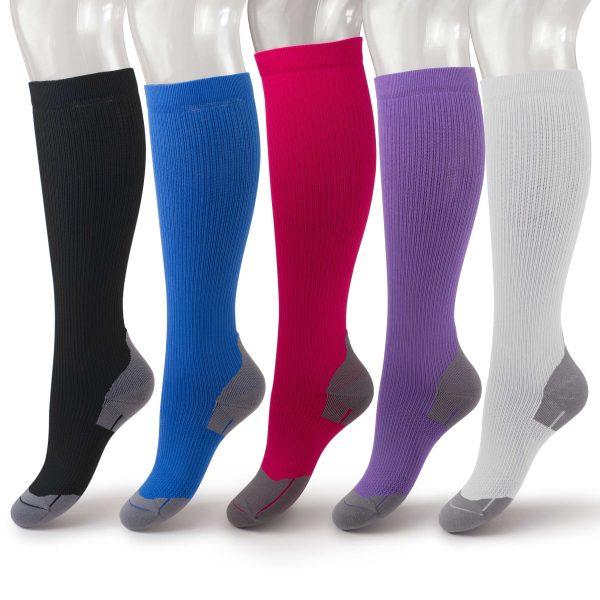 June is National Headache and Migraine Awareness Month.
June is National Headache and Migraine Awareness Month.
If you suspect that your headaches are migraines or if you have chronic headaches, it is advisable to speak to a medical professional for a proper diagnosis and about the various treatments available.
There is much that you can do to reduce the frequency of your migraines/headaches so you can continue to do the things you want to do.
A physiotherapist can help you with education about migraines, trigger identification and management; self- care during a migraine; habituation type exercises to reduce motion discomfort; exercise – like going for a walk out in nature for some “green time”; or return to exercise; and balance exercises if required etc. Your Physio can help to link you with the right medical people for example: GP, Neurologist, or a Dietician. Migraine sufferers often have neck pain and although the neck is not the cause of the migraine, Physiotherapy helps to relieve neck pain and restore normal neck range of motion and strength/control. Occasionally people have a mixed headache type where they suffer from migraines but also have other headaches which don’t have migraine features. Your Physiotherapist will be able to test you to see if these other headaches are coming from your neck and if so, start appropriate treatment.
Here are some top tips to help reduce the frequency of your migraines:
Medication:
Your Dr can prescribe prophylactic medications that you take to prevent a migraine.
It is not “1 size fits all” – You may have to try various medications to find what works for you; that doesn’t interfere with other medical issues you may have; and that doesn’t interfere with medication that you may already be taking.
A “cocktail” – not the alcoholic type 😊 – of 2 or more meds can also be prescribed to treat a migraine when it happens.
Botox injections:
These can prevent chronic migraine. Speak to your Dr to see if you are eligible. Usually if you have migraines 15/30 days in the month, you should qualify. Botox is injected around the pain fibres responsible for headaches – in the areas of the head and neck that pain is experienced, blocking pain transmission.
Triggers:
One of the most effective ways to reduce your migraines is to identify what may be triggering them.
Triggers are factors that increase the risk of having a migraine if you are sensitive to them.
It may be stress, certain foods (for example: caffeine, sugar, chocolate, some cheeses…), poor sleep, skipping meals, dehydration, the season; menstrual cycle… Migraine triggers are different for everyone.
In some individuals it may be 1 trigger that results in a migraine, or it may be an accumulation of triggers that create a “perfect storm” for a migraine to develop. An example: you were busy with a deadline, so you skipped a meal, grabbed a coffee instead, then went to bed late. These together created the perfect environment for a migraine.
Supplements:
You will find that supplements to help reduce the frequency of migraine attacks will usually contain Magnesium and Vitamin B2. Taken orally, daily these 2 complement each other to help prevent migraine.
Light sensitivity:
Is a common migraine symptom. Fluorescent lights, LED’s, computer screens can trigger or worsen migraines. Migraine glasses with tinted lenses block out the specific harmful light wavelengths and let in the soothing green light. This is better than wearing sunglasses which block all wavelengths or staying in dark rooms as your eyes will then become accustomed to being in the dark resulting in being sensitive to even the dimmest light.
Sleep hygiene:
Poor sleep habits can trigger migraines. Choose a pillow that helps keep your neck in a neutral position. Your Physio can help you with that. Avoid caffeine before bed; avoid phone/computer screens before bed; create a dark environment etc.
Call us on 07 5500 6470 – we are happy to help with your headaches.

